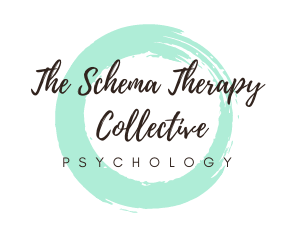Do you feel you lack the skills to get by each day?
Do you believe you can’t make everyday decisions on your own or feel a lot of anxiety if you can’t check and get reassurance from others about your decision?
Do you feel like you couldn’t get by without your partner?
If so you may have the incompetence/ dependence schema. Formed as a result of early childhood experiences, this schema is defined by Jeff Young as:
“The belief that one is unable to handle one’s everyday responsibilities in a competent manner without considerable help from others (e.g., take care of oneself, solve daily problems, exercise good judgment, tackle new tasks, or make good decisions). Often presents as helplessness.”
If you have this schema you may have been overprotected by your parents or a perfectionistic parent has taken over leaving you to feel you are not capable/ good enough to complete the task. The vulnerable part of you has an unmet emotional need of autonomy and competence.
Having the incompetence/ dependence schema can lead to difficulties with depression and anxiety. In therapy it is important to develop a strong Healthy Adult part that supports you to do things yourself, take on new challenges and make every day decisions without seeking reassurance. The Healthy Adult also make sure the critic is not allowed to criticise you or tell false stories about you being weak or incapable.
For example:
Paula started therapy for help with recurrent depression. Her therapist swiftly identified that Paula had the incompetence dependence schema. Paula believed she was unable to complete her daily living activities without support and often sought support for decisions such as what to wear and eat. Paula often allowed her husband to do her regular chores because she didn’t think she did them well enough. She often felt like a child in their relationship. In therapy Paula worked towards making every day decisions without asking her husband for advice or reassurance. Paula used her Healthy Adult part to supportively encourage little Paula (her vulnerable part) when she felt anxious, rather than ask for reassurance. As her therapist explained, every time Paula asked for help or allowed her husband to do the task, it sent a message to little Paula that she wasn’t capable. At the end of therapy, Paula reported she felt like an equal in her relationship now.
Reference: Young, J. E., Klosko, J. S., & Weishaar, M. E. (2003). Schema Therapy: A Practitioner’s Guide. New York: The Guilford Press.


